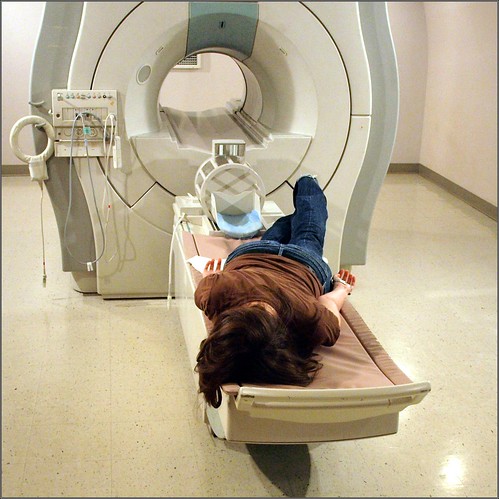Modern Brain Research lends it support to the value of the therapeutic relationship
Did you know that neuroscience research has now thrown it’s support behind the value of therapy?
It has been found that being able to talk about yourself to a non judgemental, responsive therapist can reduce depression, anxiety and help with relationship distress. The human brain is wired for threat. Our prefrontal cortex is continuously alert and ready to defend us when we feel unsafe. If our partner looks angrily at us we immediately respond, maybe by picking a fight. To change habits of a life time you need a relationship of support, challenge and understanding. (Dalton J., Johnson S., A randomised controlled trial in Journal of Marital and Family Therapy 2009 )
In 2003 Dr Allan Schore did a study of women in MRI machines. The study had women lie in the machine alone, and when a small light came on, they received a shock on their feet. The researchers watched how being alone, being with a stranger or having your partner hold your hand, lit up the pain sites in the brain. It was found that closeness to an important attachment figure (a partner) calms the nervous system. This can be used in successful couples therapy to help you and your partner know how to respond to each other when you are in pain, even emotional pain! Similarly, when you are in pain in therapy – the presence of a trusted therapist – someone working hard to understand your reality and provide empathy and support produces similar feelings of securety and pain reduction.This means less feelings of crisis and greater chance of understanding what is going on and what you can do differently in the future.
Success of therapy for couples
As I work with couples, I’ve become interested in the best methods to help them heal their relationships. Fortunately over the past decade emotion focused therapy http:/www.iceeft.com has produced a body of research showing that their model of couples psychotherapy does alleviate relationship problems. The EFT studies were rigorous and consistently positive. The meta – analysis (Johnson et al,1999) of the four most rigorous outcome studies conducted before the year 2000, showed a larger effect size (1.3) than any other couple intervention has achieved to date. Dr Susan Johnson and Dr Les Greenberg have certainly done the hard yards to prove scientifically that they can address and transform long standing problems in couples. The studies have tracked how when a therapist works with the couple to identify their “common argument that occurs over and over” and then slows down what is actually going on between them, change in the stuckness of the pattern begins to occur. The therapist can help each person soften and become aware of their own negative cycle and then find new ways to speak about their needs in a way that their partner can actually hear and understand. The therapy can help each person have greater awareness and skills to influence the relationship’s future.
The research is in …. so what are you waiting for?
The number one reason that psychotherapy works is due to the rapport and quality of the relationship between you and your therapist. As long as you have someone understanding, striving to make sense of your life and your experiences who is definitely in “your corner”, you stand to gain significantly. It takes courage to move out of comfortable misery towards something new, but what are you waiting for? The research is in – therapy works so take the next step and give it a try.
About Marg
Melbourne relationship counsellor and psychotherapist Marg Ryan, is a leading specialist in working with couples and singles with emotional problems. She is specifically experienced in helping with self esteem problems that show up with symptoms like depression, anxiety, conflict, addiction and problems within relationships. She has a private counselling and psychotherapy practice in South Caulfield in the South Eastern Suburbs of Melbourne and in the AKM building in Richmond.




Leave A Comment